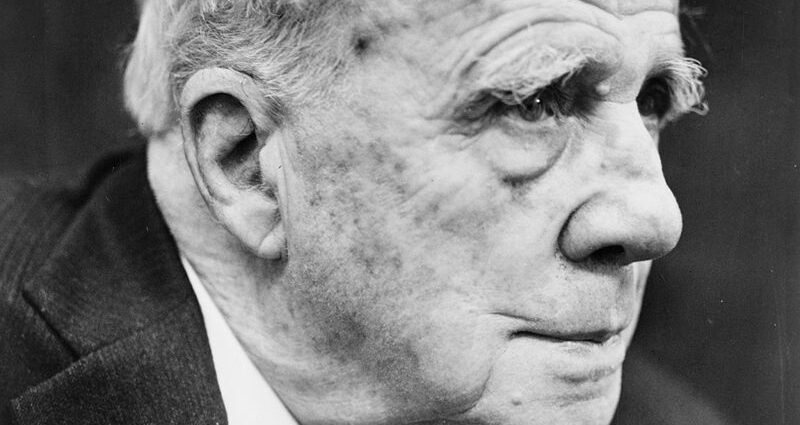Robert Frost (1874–1963) was one of America’s most celebrated poets, known for his vivid depictions of rural life and his exploration of complex social and philosophical themes through seemingly simple language. Born in San Francisco, Frost moved to New England at the age of eleven, a region that would greatly influence his poetic vision. Despite facing personal hardships, including the loss of family members and repeated professional rejections, Frost’s determination and deep connection to nature helped shape his distinctive poetic voice.
Frost’s poetry often employs traditional verse forms and conversational language to delve into universal human experiences such as isolation, duty, choice, and mortality. His most famous works include “The Road Not Taken,” “Stopping by Woods on a Snowy Evening,” “Mending Wall,” and “Birches.” These poems reflect his mastery of imagery, metaphor, and rhythm, capturing moments of reflection and decision-making within rural settings.
Though often associated with pastoral themes, Frost’s work carries an undercurrent of darkness and existential questioning. His ability to blend the ordinary with the profound allowed readers to find personal meaning in his verses. Unlike many modernist poets of his time, Frost resisted free verse, preferring structured forms that mirrored the clarity and control he admired in nature and life.
Frost received numerous honors during his lifetime, including four Pulitzer Prizes for Poetry and a Congressional Gold Medal. He was also invited to recite a poem at President John F. Kennedy’s inauguration in 1961, symbolizing his national importance.
Robert Frost’s legacy endures through his contributions to American literature and education. His work continues to be studied for its philosophical depth, linguistic simplicity, and its powerful reflection of human experience. As a poet, Frost balanced form with freedom and tradition with innovation, leaving an indelible mark on the literary world.


